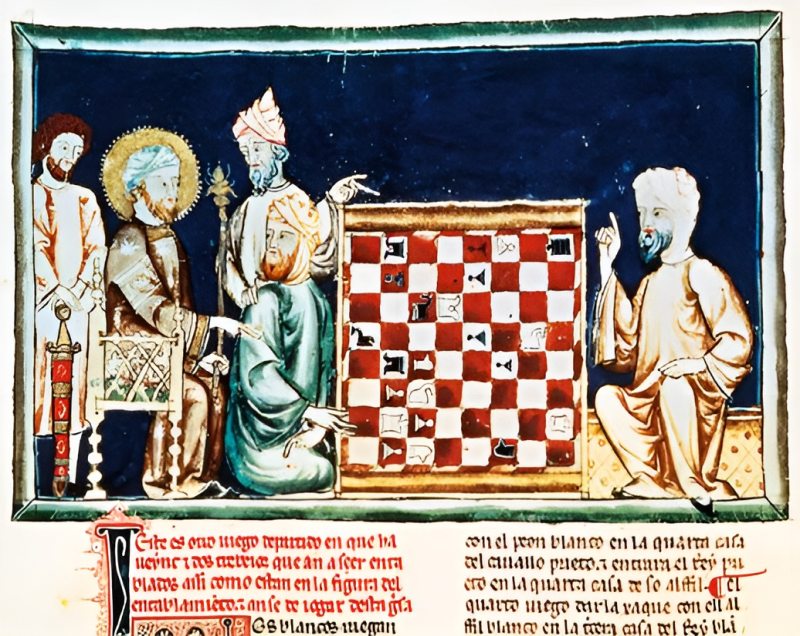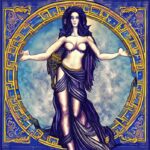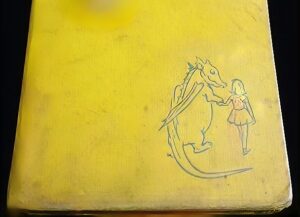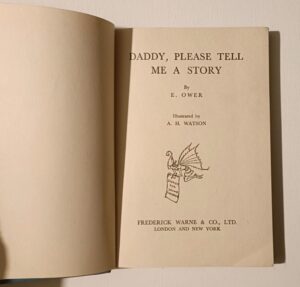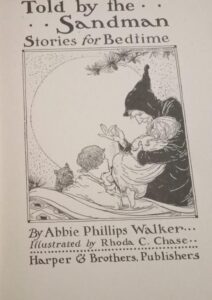Alexander Cockburn’s, Winning and Dying Over A Chessboard or Chess and the Dance of Death
Modern wannabe Aryans, who are popular both in real life and on the Internet, should try proving their supposed superiority in this game against the races they believe and accuse of being inferior…
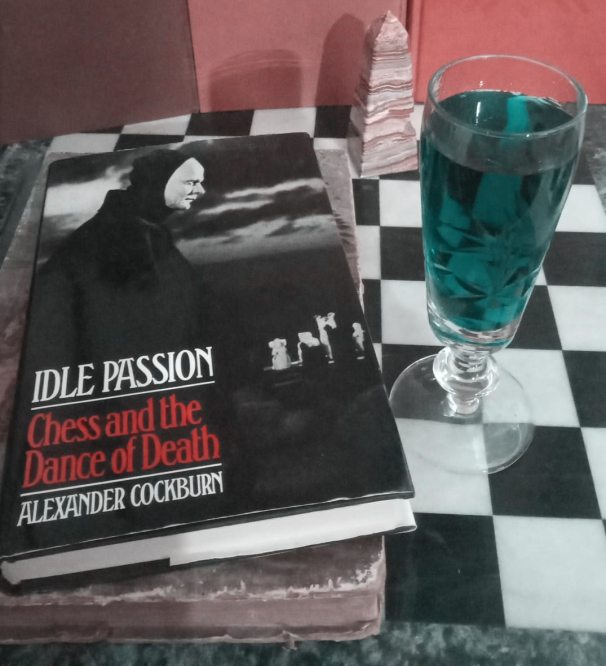
Alexander Cockburn’s Idle Passion: Chess and the Dance of Death is a masterful and unorthodox analysis of the psychological and cultural depths of chess. Both the US and UK first editions deliver Cockburn’s provocative examination with elegance and wit, making them equally prized among bibliophiles and chess aficionados. Cockburn’s use of Freudian analysis is daring and original. He claims that chess acts as a psychic battleground where players unconsciously reenact oedipal dramas, and the etiquette of the game subtly channels forbidden impulses. His discussion is not just theoretical—he brings it alive with vivid anecdotes from the troubled lives of grandmasters, portraying the game as an existential theater of obsession and fantasy.
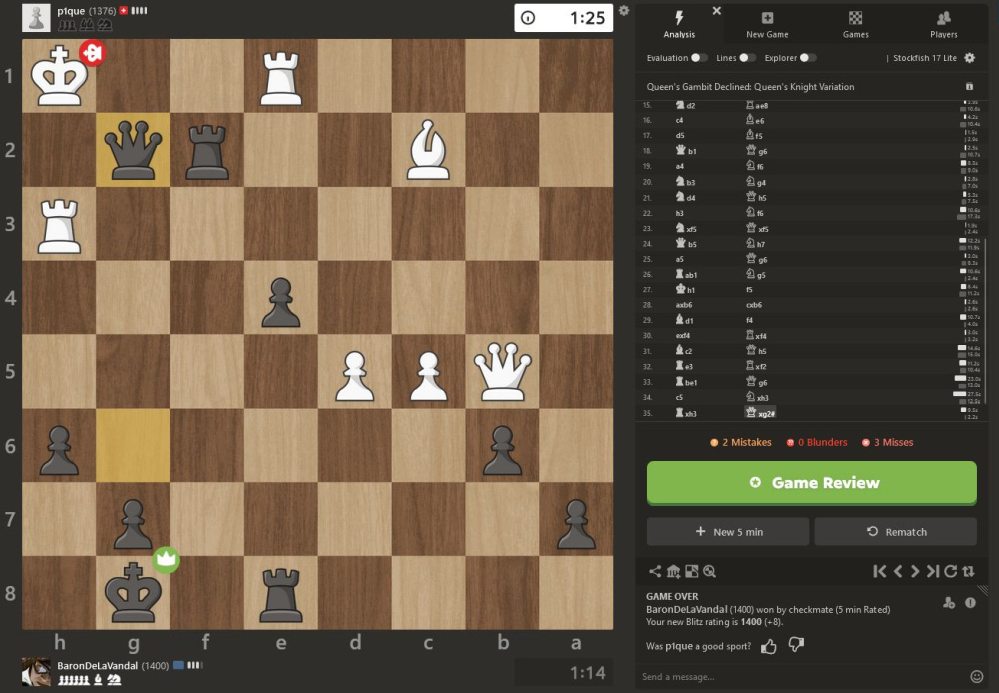
The book traces chess from the pastime of aristocratic privilege to its modern incarnation as an emblem of isolation and alienation. Cockburn’s writing situates the game historically—suggesting its high-stakes drama once resonated most with the politically disenfranchised, and that its professionalization in the 20th century made it less a leisure pursuit and more a form of existential labor.
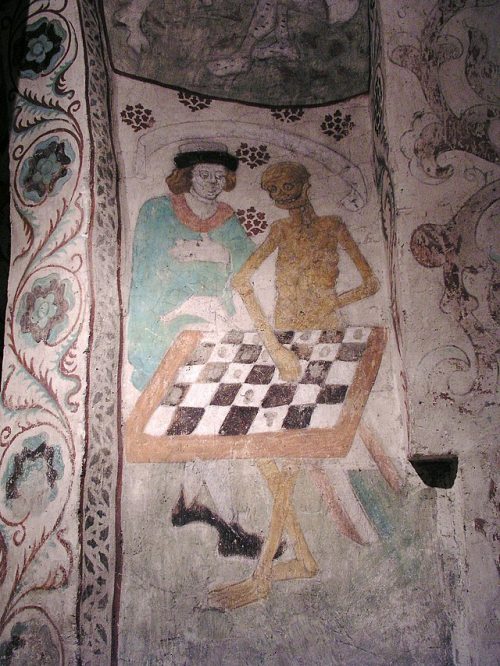
Cockburn is at his most compelling when he sketches the fates of legendary players such as Paul Morphy and Wilhelm Steinitz, suggesting their unraveling mirrors the perils of seeking perfection in an unforgiving intellectual arena. Through these stories, Cockburn’s argument achieves both poignancy and punch.
His style is sharp and sardonic, laced with allusions to literary and historical figures, from Nabokov to legendary Babylonian kings—a tone much admired in contemporary reviews. The book fuses scholarly critique with dark humor, making for a reading experience that is both illuminating and unsettling.
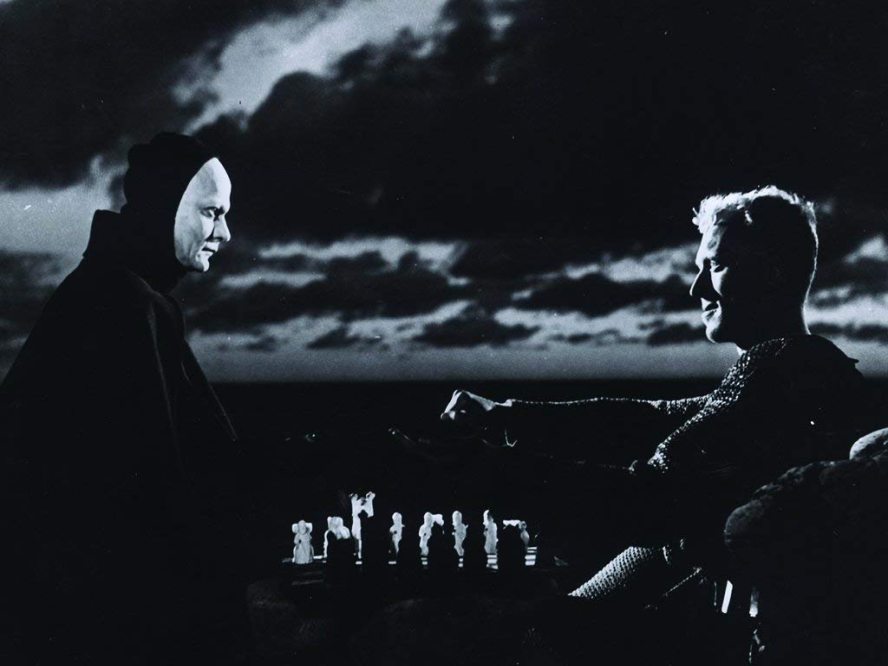
Idle Passion is an intelligent amateur’s attempt to examine, with the wan headlamp of Freud’s ideology, what Vladimir Nabokov calls ‘the full horror, the abysmal depths of chess.’
#### First Editions
-US First (Simon & Schuster, 1974): The original release, particularly valued in American collections.
-UK First (Weidenfeld & Nicolson, 1975, ISBN 0297769855): Identical in content, this edition is distinguished by its UK publisher and is highly sought after as the inaugural British release.
Both editions showcase Cockburn’s bold, interdisciplinary approach to understanding chess—not as a game of mere calculation, but as an art of obsession and the “dance of death.”
